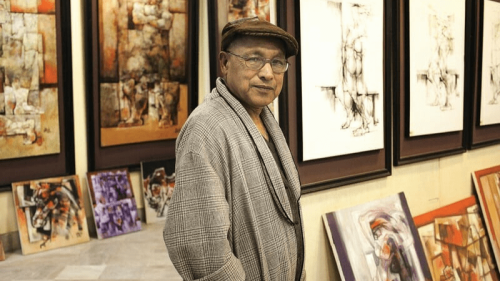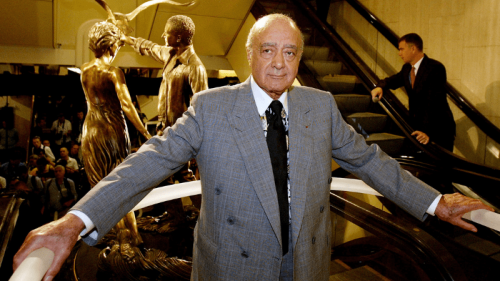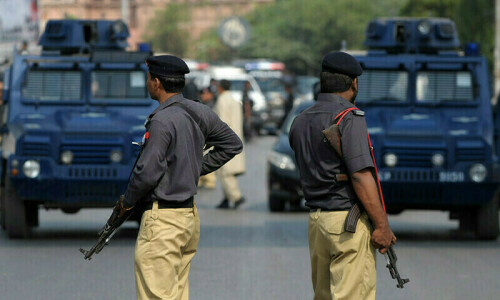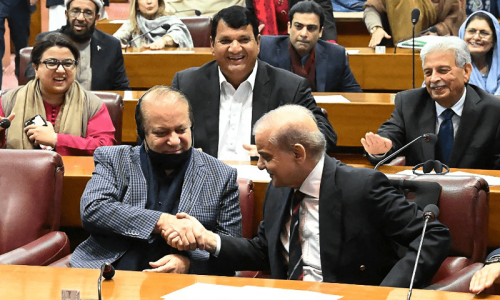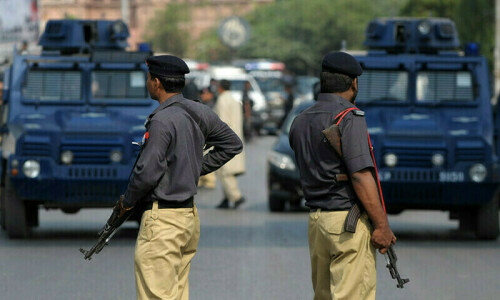THE conferment of the International Justice Excellence Award on former chief justice of Pakistan Tassaduq Hussain Jillani at The Hague is an honour for Pakistan; Mr Jillani deserves to be felicitated by the nation.
The award was given by the International Institute for Justice of the Netherlands to Mr Jillani for promoting justice at home and around the world. The institute had taken special notice of his judgement of June 2014 on minority communities’ right to protection.
Before we look back on that judgement, it may not be out of place to acknowledge the high place former chief justice Tassaduq Hussain Jillani occupies in the history of the Pakistan judiciary. He became a judge of the Lahore High Court in 1994 and served on its bench for a decade, during which period he established his reputation as a fair-minded judge who interpreted the law without any biases.
Elevated to the Supreme Court in July 2004, he was a member of the bench that upheld Justice Iftikhar Chaudhry’s challenge to his ouster by Gen Musharraf and restored him to the office of the country’s top judge. Justice Jillani became chief justice of Pakistan in 2013, on the retirement of Iftikhar Chaudhry. At that time, the Supreme Court was inviting much criticism for giving preference to the exercise of its suo motu jurisdiction at the cost of its normal functions. Mr Chaudhry received handsome tributes from his supporters, but quite a few critical voices were also raised.
Nearly five years down the line, the Supreme Court judgement remains largely unimplemented.
Even before taking over as chief justice, Mr Jillani tried to end the suo motu controversy. The outgoing chief justice defended his extensive use of suo motu powers as a means of safeguarding the people’s fundamental rights. Justice Jillani promised to honour the court’s traditions but said it was necessary to review reliance on suo motu power and to use it within constitutional limits. During his seven-month tenure, the court took suo motu notice of only a couple of cases in 2013 and one case in 2014.
The first decision chief justice Jillani and his brother judges took was to forego their winter vacations and push on with the disposal of pending cases. Within a week, a press reporter noted a number of changes and stated that “bench number one had taken up every single case, unlike the past when the hearing of suo motu or other high-profile cases used to consume the whole day. The pending petitions filed under Article 184 (1) and suo motu are taken up after regular cases”.
A full court meeting of the Supreme Court, on the eve of chief justice Jillani’s retirement, reviewed the disposal of cases by the apex court. The court was told that 3,533 cases out of the 3,862 instituted between April 5 and June 30, 2014, had been decided. Justice Asif Saeed Khosa said 2,000 of the 3,700 criminal cases had been decided over the preceding six months.
Since the Chaudhry court’s deviation from judicial propriety under the banner of activism or populism was not the last instance of its kind, the need to acknowledge any efforts to restore judicial propriety cannot be exaggerated.
It is an ironical turn of events that the judgement for which former chief justice Jillani has won accolades at home and abroad is yet to be properly implemented. Chief justice Jillani took suo motu notice of a letter complaining of lack of proper action in the case of the terrorist attack on a Peshawar church in September 2013 in which 81 people were killed. He also took notice of petitions on attacks on Hindu temples and shrines and the threats to the Kalashas as well as Ismailis in Chitral. The three-member bench headed by the chief justice made some recommendations:
1) “The federal government should constitute a task force tasked with developing a strategy of religious tolerance.”
2) Improve the curricula for schools and colleges to promote religious tolerance.
3) “The federal government should take appropriate steps to ensure that hate speeches in social media are discouraged and the delinquents are brought to justice....”
4) The government should constitute a “national council for minorities’ rights. The functions of the ... council should inter alia be to monitor the practical realisation of the rights and safeguards provided to the minorities under the Constitution and law. The council should also be mandated to frame policy recommendations for safeguarding and protecting minorities’ rights by the provincial and federal governments.
5) “A special police force be established with special training to protect the places of worship of minorities.”
6) The federal government and all provincial governments “should ensure the enforcement of the relevant policy directives regarding the reservation of quota for minorities in all services.
7) “In all cases of violation of any of the rights guaranteed under the law or desecration of the places of worship of minorities the concerned law-enforcing agencies should promptly take action, including the registration of criminal cases against the delinquents.”
Finally the court passed an order to ensure compliance with its directives in these words: “The office shall open a separate file to be placed before a three-member bench to ensure this judgement is given effect to ... the said bench may also entertain complaints/ petitions relatable to violations of fundamental rights of minorities in the country.”
Nearly five years down the line, the Supreme Court judgement remains largely unimplemented. The importance of the court’s directives cannot be contested. Moreover, the minorities have accepted the judgement as a charter of their demands. Recently, two civil society organisations moved the Supreme Court for directing expeditious implementation of the verdict. The court created a one-man commission to present a compliance report, but nothing is known about its labours. This arrangement, it may be submitted, amounts to disregarding the points in the judgment.
The minorities find it difficult to keep the hope of justice alive.
Published in Dawn, April 11th, 2019























